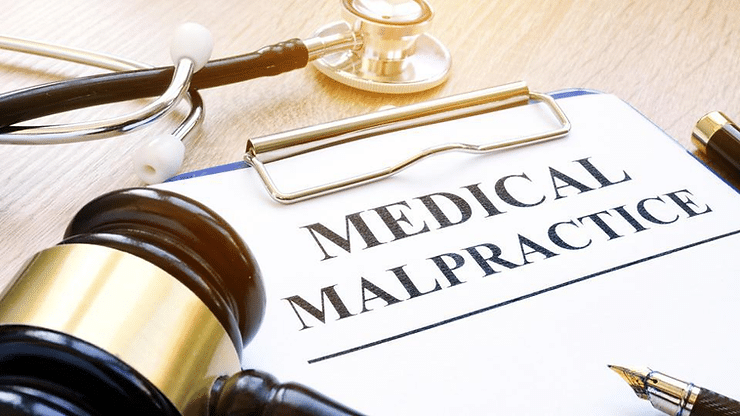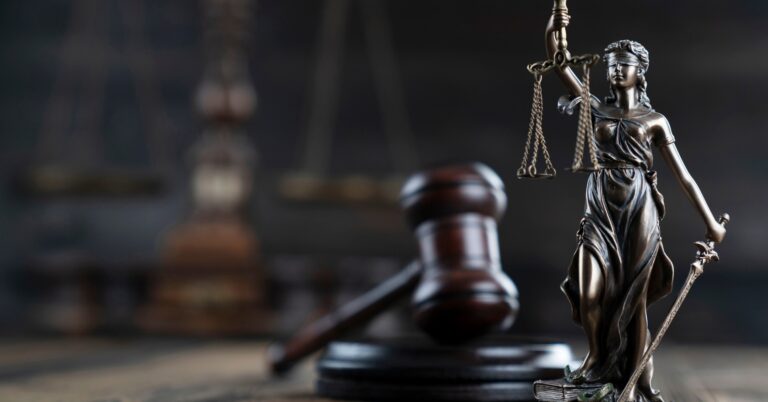$0 Fee, Until You WIn
-
Open 24 hours
-
1526 W Ute Blvd Suite 110, Park City, UT 84098
Utah Medical Malpractice Lawsuit Process – A Comprehensive Guide by a Utah Medical Malpractice Attorney

Medical Malpractice is one of the most complex, expensive, and time-consuming areas of the law. While each case is unique and requires an individualized approach, this article aims to give you a general understanding of how personal injury firms in Utah handle the Utah Medical Malpractice Lawsuit Process.
Initial Investigation and Review Phase
The first step in the investigation involves ordering medical records. This is important because juries in Utah often decide cases based on what is documented in the medical records rather than what patients recall about the treatment they were given.
The second step in the investigation phase involves a nurse or expert review of the medical records. Attorneys are not typically trained in medicine like nurses and doctors are, so having an expert review the patient’s record allows attorneys to look closely at the area of concern the patient has with their medical care as well as other areas of potential malpractice that only become apparent after a close review of the records.
The third and final step in the investigation process involves an attorney review of the relevant medical records and, in some cases, a medical expert review of the case. If there is enough information for the attorney to determine which claims of medical negligence are likely to be successful and which providers are at fault, the investigation phase is complete.
Post Investigation
After the investigation phase, if your Utah personal injury law firm believes there is a viable case, they will either reach out to the other side and attempt to settle the case or begin the litigation process by requesting a prelitigation hearing with Utah’s licensing division.
Prelitigation Hearing:
Before an injured patient can file a complaint and bring a medical malpractice lawsuit in Utah, notice must be given to the Department of Occupational and Professional Licensing (“DOPL”) with a request for a prelitigation hearing. After providing notice, DOPL schedules a prelitigation hearing, which is an informal meeting typically held over Zoom where the attorneys from each side get to present an injured patient’s case to a panel. The panel is made up of local physicians, an attorney, and a layperson (a regular person in the community with no medical training). Neither side is allowed to ask questions of the doctors or the injured patient bringing the claim. The attorneys will walk the panel through the medical records as well as their respective claims or defenses. After the hearing, the panel issues a decision indicating whether the case has “merit” or does not have merit. It is important to note that a substantial number of these hearings result in a “nonmeritorious” ruling for the plaintiff. However, regardless of the panel’s decision, after complying with this procedure, the plaintiff’s attorney can proceed to file a complaint and begin litigation.
Eaton Injury Law believes that this hearing and the following panel decision are informative. They are helpful because our Utah medical malpractice attorneys get to better understand the defenses that will be raised by defendants, directs us to medical records we may not have, and gives us the perspective of the panel hearing the facts of the case as well as the reasoning behind their decision. In some instances, we discover something in the hearing that makes us less likely to proceed to the litigation phase. In other instances, we hear something that makes us more confident in the case. Usually, however, our plan for litigation does not change after the pre-litigation hearing regardless of the decision and the next step will be to file the official complaint in the court system.
Litigation
Litigation is initiated with the filing of a complaint in state or federal court and involves fact discovery and expert discovery.
Fact discovery is the process in which additional information is acquired from all parties involved. This is primarily done through depositions, written questions, and document requests sent to individuals and entities involved in your treatment, including the defendant healthcare provider(s), current and past treating providers, family and friends, or any other witnesses who have personal knowledge about what happened.
Expert Discovery involves hiring medical professionals who review depositions and medical records and offer opinions as to which providers are at fault and why. Both sides designate experts.
Trial or Final Resolution
A case may be settled at any point if both parties are willing. In many cases, this is after the close of expert discovery and prior to trial. In cases that are not resolved with a settlement, the case is set for trial before a jury. Your attorney will prepare you for this and all other aspects of litigation that involve your participation.
Utah Medical Malpractice Attorney
Note: This brief summary of how a medical malpractice case proceeds does not include all of the details and work that goes into a medical malpractice case. For more questions or to speak with a Utah Medical Malpractice Attorney, call Eaton Injury Law at 385-333-7711 or email tyler@eatoninjurylaw.com



